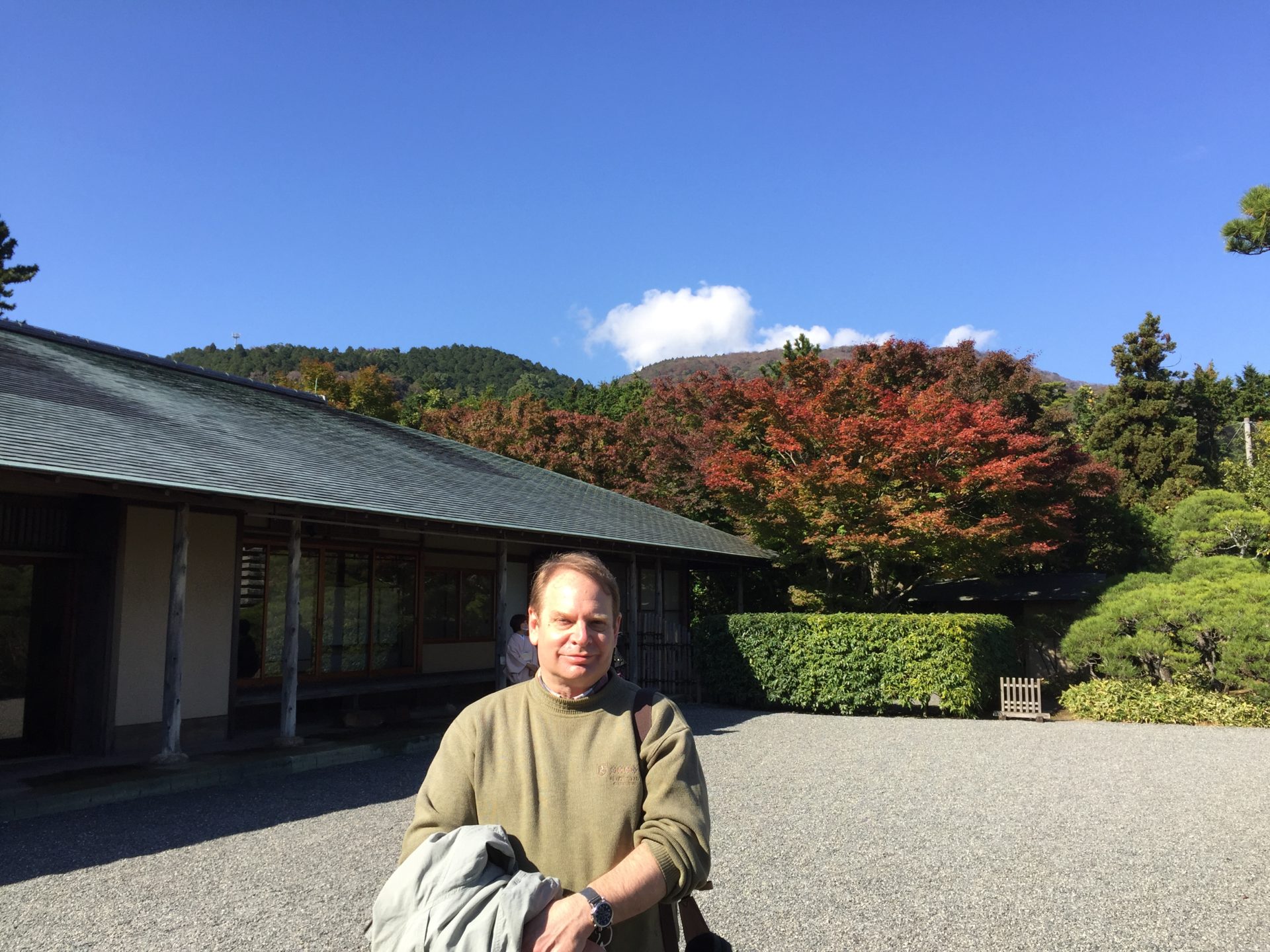“And then there are the Dutch concerns in Sumatra,” added Jones.
Roland put up his hands, “Alright, enough. I understand what you are saying the risk bothers you and on paper drilling for oil looks like a safer enterprise.”
“Cost wise, yes,” said Jones, “less number of men, minimum maintenance on the well.”
“And they stay in one place,” added Hughes, “we don’t have to worry about storms, pirates or deserting crews.”
“These are all good points and I agree with you, but let’s take a closer look at our fishery investments. We get more from a whale than just oil. There’s the bone and the tongue and the ambergris, not to mention the meat if we could find a market for it.”
“Who would eat whale meat?” asked Hughes.
“Maybe dogs and Indians,” said Jones. “I’ve heard the Jappos like it.”
“My point is,” said Roland with patience, “is that, yes, we do make a profit from the railroad. We make profits from our factories in New York and our slaughter houses in Chicago, and yes, drilling for oil is a future investment worth considering. I know whaling is risky and long term but I believe we can reduce a number of the risk factors in our favor and make a very sizable profit, more than we’ve made in the past and possibly make up for our losses in the last three years.”
“Get rid of the risk factors? Francis, the risk factors are always there, in any business, you know that.”
“I said reduce, not get rid of, William.” And then Roland showed his two partners why he called them to his office on that cold Friday morning.

